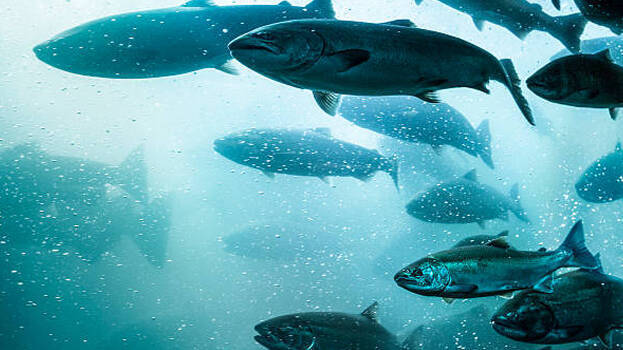

THRISSUR: Fisheries University has come up with a plan to make fish feed from organic waste using armyworm larvae. This is in the context of a global decline in the availability of fishmeal, which is mainly used to make feed. The University of Fisheries has signed an MoU with Amala Eco Clean Limited in Alappuzha and Bhima Environment Technology in Alappuzha, which operates in the field of bio-waste management.
Fish farming is affected by the increase in the price of feed as it accounts for 60-70 percent of the total cost. The Food and Agricultural Organization (FAO) has found that worms can be used to make fish feed because fishmeal is not readily available. Efforts are being made to completely eliminate fish meal from fish feed manufacturing. At present, 90 percent of the fodder comes from Andhra and 10 percent from Gujarat. In Andhra, the price of shrimp feed is Rs 90 per kg, but when it reaches Kerala, it costs Rs 106. According to fishermen, fish feed is produced in the state, but there is shortage in availability.
Reason for price increase
Increase in price of fishmeal
Fisheries regulation
Transportation cost
Worms have 45-75% of meat and fat content of 8-35%
Other elements: potassium, calcium, amino acid, magnesium, selenium, iron, minerals, vitamins and other organic compounds.